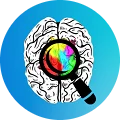
4 Important Causes of Crowding and How to Eliminate It
Introduction Crowding is a psychological condition that arises when the demand for space exceeds the availability, leading to stress, frustration, and even aggression. While it is often a result of











